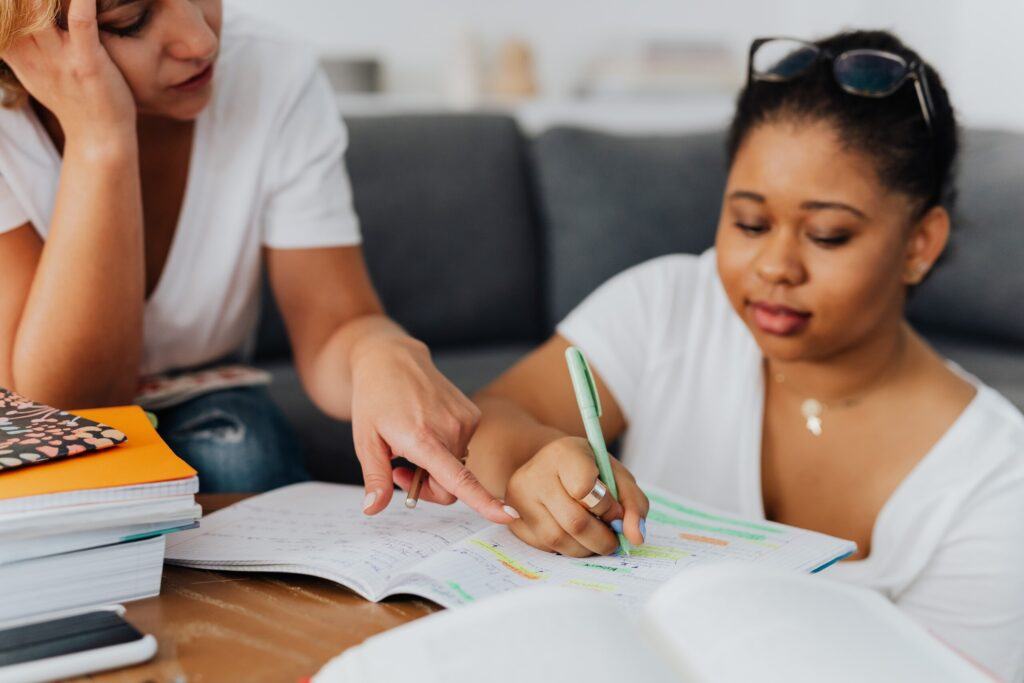How Divorce Affects Children
- Category: Relationships
- September 2, 2020
Divorce affects everyone differently. Children distinctly respond to divorce, and sometimes different than how their sibling responds. How boys and girls react to the announcement of their parents’ divorce elicit may change based on differences in their behavior. Boys, depending on their age, act out their emotions distinctively in manners, while girls usually do not.
Children of Divorce
Children’s responses vary based on their age, coping skills, and relationship with their parents. Emotions can be overwhelming, and in some cases, the children can not release their feelings in positive ways. The American Academy of Child and Adolescent Psychiatry writes:
“While parents may be devastated or relieved by the divorce, children are invariably frightened and confused by the threat to their security. Some parents feel so hurt or overwhelmed by the divorce that they may turn to the child for comfort or direction. This can add to the pressure and stress a child is experiencing. Children can misinterpret divorce unless parents tell them what is happening, how they are involved and not involved, and what will happen to them.
Children often believe they have caused the conflict between their parents. Many children assume the responsibility for bringing their parents back together, causing them additional stress.”
Children need to hear from their parents what is happening. Parents can feel they are protecting their children by not telling them about the divorce, parenting plans, and listening to how their children think. However, explaining the separation is essential to ensure the child understands what is going to happen. The American Academy of Child and Adolescent Psychiatry suggests the following tips:
- Do not keep it a secret or wait until the last minute.
- Tell your child together with your spouse if possible.
- Keep things simple and straight-forward and don’t share more information than your child is asking for.
- Tell them the divorce is not their fault.
- Admit that this will be sad and upsetting for everyone.
- Reassure your child that you both still love them and will always be their parents.
- Do not discuss each other’s faults or problems with the child.
An open discussion that focuses on the children creates a positive atmosphere for the ensuing split. A child’s well-being can increase after their parents’ divorce because the dynamics in the house have changed. The change in dynamics can also occur when parents speak to listen to their children.
Children’s Needs
Children’s reactions to their parent’s divorce are long-lasting. The effects of the dissolution of marriage children may respond in several ways. Pediatric Child Health published a study which found
“Following their parents’ separation, children may regress, display anxiety and depressive symptoms, appear more irritable, demanding and noncompliant, and experience problems in social relationships and school performance. Parents often feel troubled by and unprepared for their children’s reactions to separation and divorce. Children need to know that they are not responsible for the separation that both parents love them. Children’s expression of distress differs from that of adults. For example, compared with adults, children may be more open to communication through books, workbooks, stories, play, and drawings. Parents must achieve a balance between acknowledging and accepting the expression of negative feelings on the one hand, and providing clear, consistent rules and structure on the other.”
The Reactions of Boys
Boys react to divorce by behaving or acting out in different ways than girls. As a divorce progresses, one or both parents should monitor their son’s emotional and behavioral reactions. According to Family Education, boys are at an increased risk for the following:
- Boys are more likely to react to parents’ divorce with anger, academic problems, truancy, or aggressive behavior.
- Boys are more likely to suffer from depression when one parent leaves home, especially when a boy cannot spend time with them consistently.
- Boys may also lose connection with the parents they live with because they work longer hours to provide for the family and keep a home running.
- Boys may assume blame for the break-up of a family.
- Boys have a higher risk of alcohol or substance abuse.
While the divorce is occurring, avoid saying the boy is “the man of the family.” The increased sense of responsibility can increase stress. A child is not responsible for taking care of a family. Also, telling a boy that he is the man of the family can raise the risk of depression, risky behaviors, or suppressed emotions. Whether a parent is a custodial parent or the non-custodial parent, providing emotional support is necessary. Parenting does not end when a divorce takes place.
Girls Reactions
Girls have different emotional needs than boys do when their parents are divorcing. Often, the mother is the parent who has the children living with them most of the time. The mother usually sees the most how children change due to divorce.
Here are a few ways girls react to divorce and how to address their needs:
- Staying with her mother is emotionally healthier for a girl because they heal better.
- Girls tend to feel guilt over the divorce. Instead of talking with their parents, they can suppress their feelings.
- Higher pregnancy rates. Girls can feel abandoned, depressed, or lonely; as a result, they can seek affection from boys.
A divorce doesn’t mean a child will have permanent scars. Parents who co-parent and work together to help their children understand they are still loved can find that their children adjust wellParents’e responsibility to keep open lines of communication, discuss concerns or feelings, and avoid talking about the other parent negatively is essential for the children. Children absorb what they see and hear. Fighting, acrimony, and negative words about the other parent affects how a child feels. Some children may feel guilt, anger, blame themselves, or change their behaviors. A divorce can make a child feel vulnerable while other children can suppress their emotions, thinking it will help their parents. Watching children even after a divorce is essential. Children can act out during and after divorce by being defiant, angry, feeling guilt, becoming pregnant, or alcohol or substance abuse. SokyaHealth offers individual or family counseling to help children and families heal from a divorce. For more information, call 800-930-0803.



